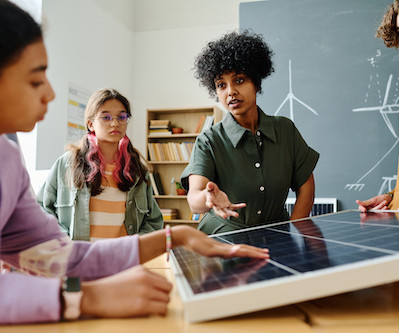What are the changes in education in 2024?
eSchool News
DECEMBER 11, 2023
Key points: Immersive technologies will change education in 2024 Learn more about K-12 Tech Innovation News Discover Current Trends in Education The year 2024 promises significant changes in K-12 education, reflecting a dynamic evolution in teaching and learning methodologies. What are the changes in education in 2024?















Let's personalize your content